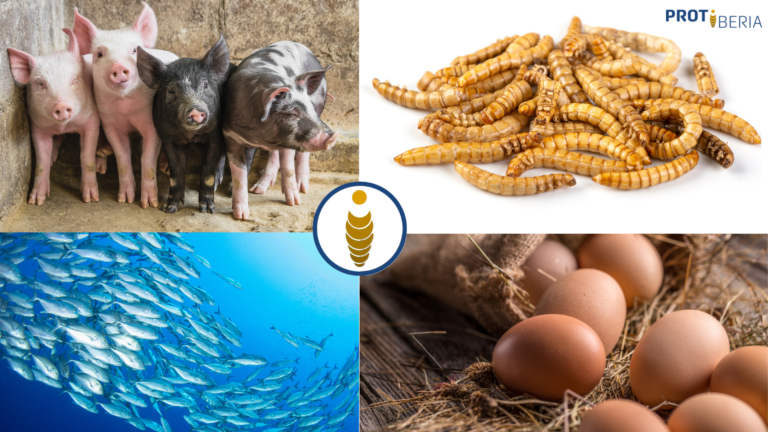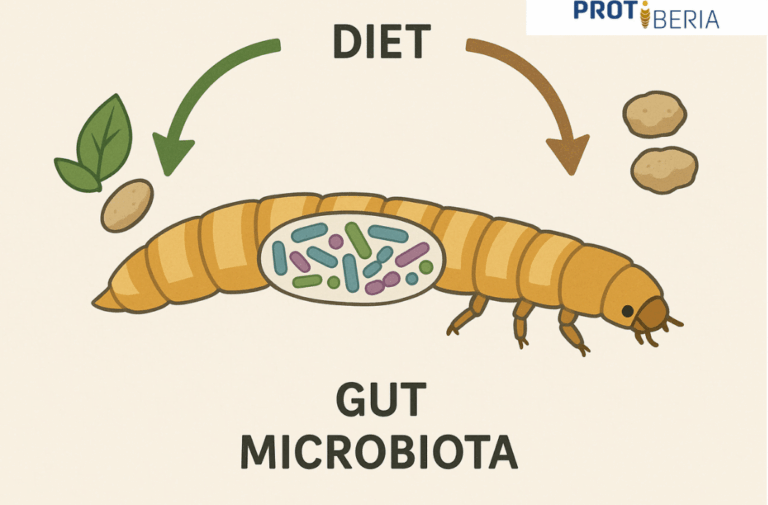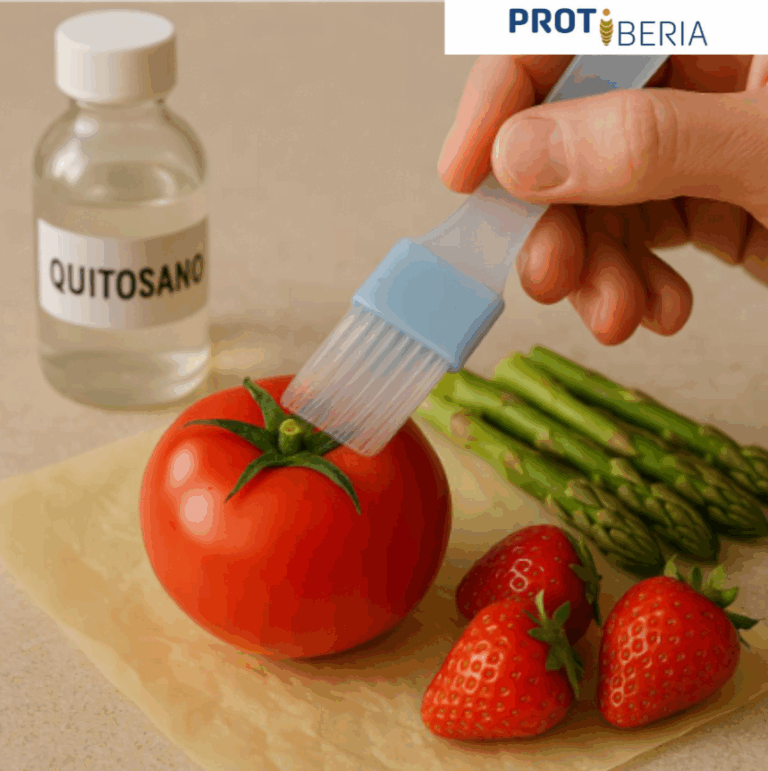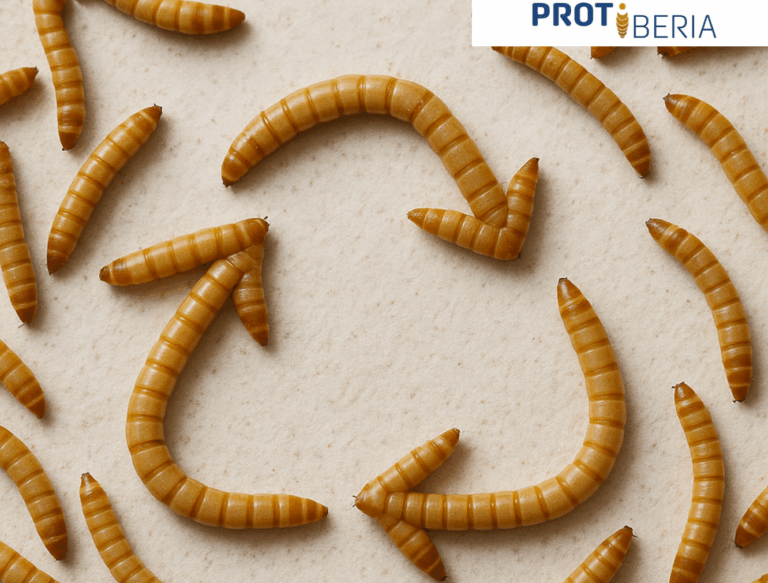| Livestock farming has significantly evolved over the years, embracing various models to optimize costs, enhance efficiency, and focus on specific stages of production. Purchasing young animals or eggs, for instance, is a common strategy across several livestock industries, including the innovative and emerging practice of insect farming. |
Conventional Livestock Models
Before delving into insect farming, it is crucial to understand the traditional livestock models that rely on acquiring young animals rather than breeding stock:
- Broiler Farming: Focuses on raising birds specifically for meat production. It involves purchasing day-old chicks instead of breeding breeders, enabling farms to concentrate on the fattening phase for more efficiently obtaining quality meat.
- Layer Farming: This sector is dedicated to raising laying birds, such as hens, primarily for the production of eggs for human consumption. Some farms opt to purchase young specimens rather than breeding their own breeding hens. This strategy speeds up the egg production process and allows for more efficient resource management.
- Swine Farming: Specializes in breeding and fattening pigs for meat production. Some farms, especially those with intensive production systems, buy newly weaned piglets instead of breeding and maintaining breeders.
- Aquaculture: Involves the cultivation of aquatic species such as fish, shrimp, oysters, and other aquatic organisms for food or commercial purposes. Some companies, especially those targeting fish for consumption, purchase fry instead of internally breeding and reproducing fish. This allows for greater control over genetic quality and performance.
- Apiculture: Focuses on the breeding and care of bees for honey production, as well as other apicultural products such as wax, pollen, and royal jelly. Some beekeepers purchase bee packages or colonies instead of breeding new queens and expanding colonies internally. This strategy speeds up the establishment of hives and honey production.
- Sheep Farming: Encompasses the breeding of sheep to obtain meat, milk, wool, and other byproducts. Specifically in sheep meat production, some producers buy young lambs instead of breeding and maintaining breeders. This is done to maximize efficiency and expedite meat production.
- Goat Farming: Similar to sheep farming but centered on the breeding of goats for meat, milk, leather, and other byproducts derived from these animals. As before, some breeders purchase young kids instead of maintaining breeders to accelerate meat production and other products.
- Rabbit Farming: Pertains to the commercial breeding of rabbits for meat, fur, or as pets. Some breeders acquire young rabbits instead of maintaining breeding stock, which accelerates meat production and byproducts derived from these animals.
- Cattle Farming: Involves the breeding of cattle for meat, milk, leather, and other derived products. In certain cases, young calves or heifers are purchased instead of breeding and maintaining breeders to expedite meat or milk production in specific livestock systems.
- Horse Farming: Dedicated to the breeding and management of horses for various purposes such as sports, leisure, agricultural work, or production of meat and byproducts. Sometimes, the choice is made to acquire young colts or fillies instead of maintaining breeders, thus accelerating the breeding process for different purposes.
These strategies of directly purchasing young animals or eggs enable various livestock sectors to optimize production, focusing on specific stages and maximizing efficiency in their processes.

Innovation in Livestock: Insect Farming
Another growing and groundbreaking trend in the livestock industry is insect farming, an activity that offers a sustainable and promising alternative for animal production.
Insects, such as Tenebrio larvae or crickets, boast high nutritional value and are used in both animal and human feed. Furthermore, this innovative practice has gained traction in the livestock industry due to its efficiency and sustainability.
To optimize insect production in general, particularly Tenebrio, it’s crucial to consider the direct purchase of eggs or young specimens. This strategy ensures greater control over the breeding process, thereby optimizing production and enabling the adjustment of developmental cycles to meet market demands more efficiently.
The direct acquisition of Tenebrio in its early stages also presents long-term economic benefits by reducing rearing costs, eliminating the need to invest time and resources in the initial phase of larval reproduction and development. Additionally, this practice provides greater inventory management flexibility, allowing adjustments in production according to demand and avoiding excesses that might lead to waste.
At Protiberia, we support this production model by offering healthy and high-quality colonies of Tenebrio molitor eggs. This enables you to focus on the most profitable and promising area of your business: larval fattening.
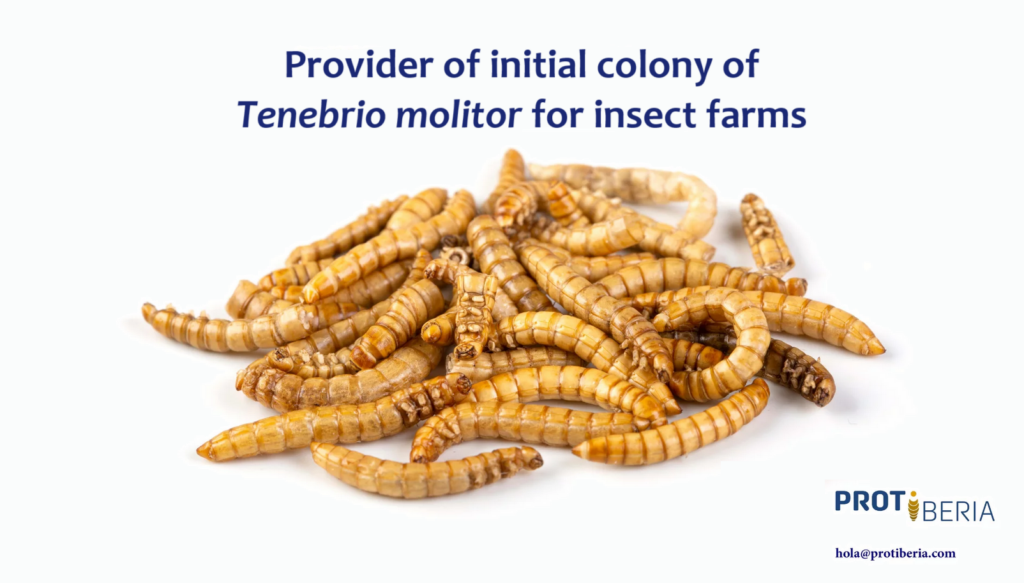
References
https://www.mapa.gob.es/es/ganaderia/temas/produccion-y-mercados-ganaderos/sectores-ganaderos/
